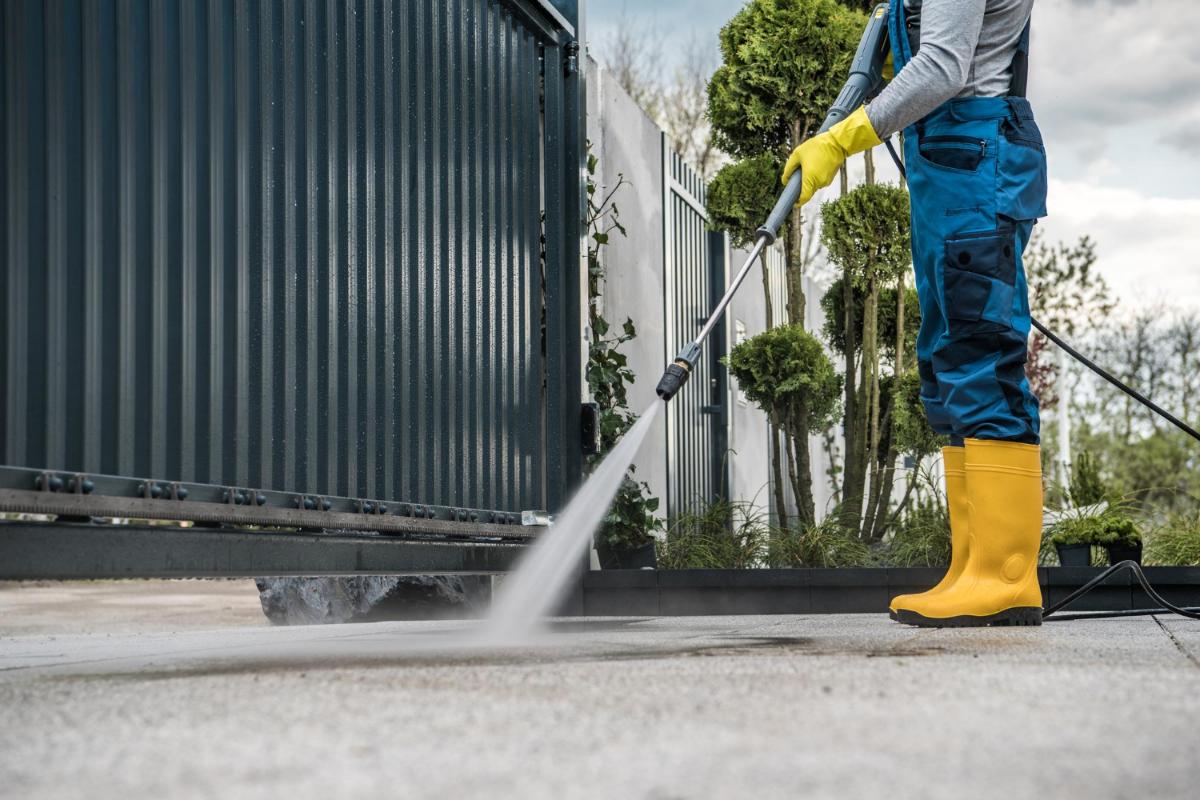
Electrically powered tools (for around your house) are limited by the quantity of electricity they can draw from your wall outlet (or their batteries). If there were more available electricity, like at manufacturing plants, it could power bigger electric motors, pumps, alternators, etc.
Gas-powered motors (particularly in home-use power tools) are only restricted by size and cost.
We all know instinctively that gasoline engines are more powerful than electric ones when it comes to portable power like pressure washers and lawnmowers. But why? After all, most heavy industry prefers electric motors (not gasoline engines) to control conveyor belts, sawmills, ore reclaimers, and more. So, what's the difference when it comes to portable apparatuses?
Electric machines in residential power equipment are restricted by the electricity available from your home wall outlet or their batteries.
Your house has a breaker in its electric distribution board that will blow if you attempt to pull excess current.
Gasoline motors burn fuel for energy, and there is no breaker to blow.
Gasoline fuel contains more power per mass than batteries carry. This is because a gas engine requires a bigger combustion chamber volume to deliver more power. In other words, you can keep large gas-powered appliances around your house by having more significant gas engines – look at the car in your garage.
Can you create an electric pressure washer that is as powerful as a gas-powered one?
Yes. If you develop a pressure washer with a bigger electric engine and plug it into a much more elevated current connection (like at a mine site or manufacturing plant), then you will have a much more powerful pressure washing machine – or at least more powerful than gas. This is because heavy industry includes much higher load electricity distribution networks than your house. The heavy industry requires this capability to draw enough electricity to control heavy-duty electric engines for moving 1,000-foot-long conveyor belts and other high-powered requirement procedures.
To compare some numbers: Electric pressure washers can maintain about 1.5 hp after you account for inefficiencies. You can pull 12 – 15 Amps from a home electrical outlet. 12 Amps at 120 volts is 1440 Watts or about 1.93 horsepower.
Small gasoline engines in pressure washers are 3 – 4 horsepower. For example, the Honda GX160 engine used in many of the top ten bestselling gas pressure washers includes a power output of 2.7 – 4.7 hp at 2000 – 3600 rpm.
We hope this post helps you better understand why gas-powered pressure washers are more powerful than electric pressure washers for residential purposes. Our commercial pressure washers have even more power than both. So, if you need professional pressure washing in Orlando, contact us today.